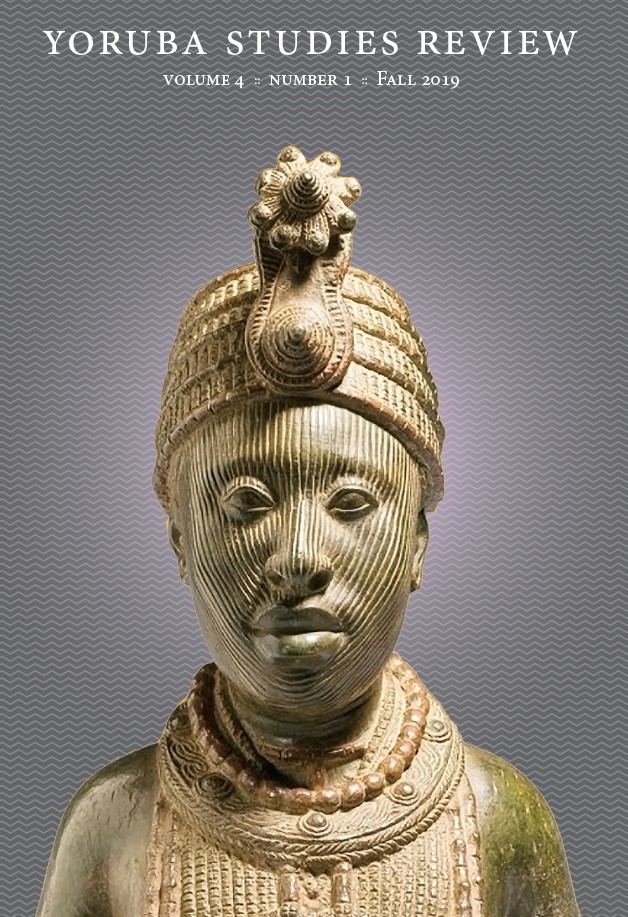Abstract
I am pleased to share the good news that Professor Akin Ogundiran has been named Chancellor’s Professor at the University of North Carolina at Charlotte. This distinguished title is a university-wide honor reserved for a full professor who has attained outstanding scholarly achievement in a professional field, and excelled in interdisciplinary research, teaching, and service in more than one department or college. He is the third professor in the university’s history to attain this distinguished rank—https://provost.uncc.edu/news/2019-10-28/ogundiran-receives-chancellors-professordesignation Professor Ogundiran has always been as exceptional as he was promising. He was a graduate of Obafemi Awolowo University where he bagged BA in Archaeology (First Class Honors) in 1988. This is where and when our interactions began, and that was where we sensed he was a student who would be greater than his teachers. We are proud of him, as one of the best students produced by Ife. He earned his M.Sc. in archaeology from the University of Ibadan in 1990. Ten years later, he received his doctorate in archaeology from Boston University. Within eight years, he became a professor of History and a major pillar in African Studies. In my book, The African Diaspora: Slavery, Modernity and Globalization, I devoted Chapter 10 to his oeuvre, stating in one of the key paragraphs that: 268 Toyin Falola In connecting West Africa to the Atlantic economy, Ogundiran is pointing to what could be characterized as the metabolic rift between supply and demand; African economies were on the supply side of the global division of labor that compelled them to produce for the Atlantic economy and, at the same time, to consume products from external sources. This division of labor, and the productive mechanism unleashed by the demand side, ultimately had implications for all aspects of institutions. Ogundiran has to grapple not only with the meaning of local history, but also with the definition of the world in which the local is situated against the background of rapidly changing events. And if, as he treats the local, he engages in issues around production and trade—as all his objects indicate—he is forced to engage in the understanding of how society relates to nature: that is, how humans ultimately relate to their environments, using and destroying them at the same time, and sometimes renewing them as well.

This work is licensed under a Creative Commons Attribution-NonCommercial 4.0 International License.
